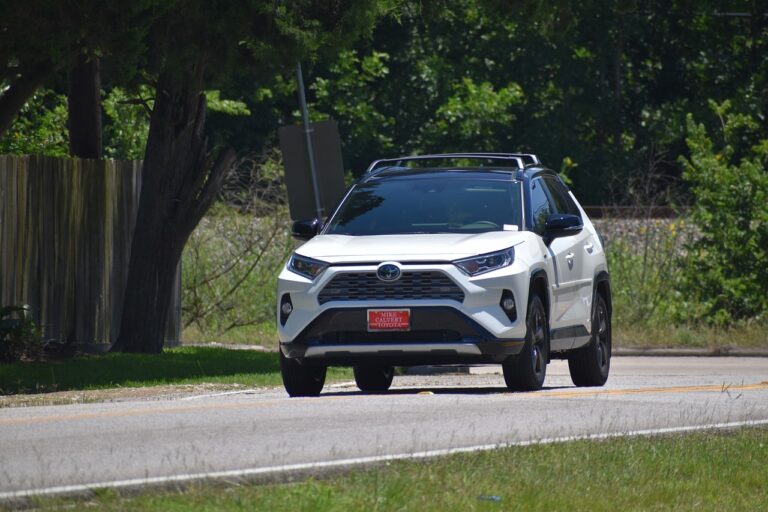The Rise of Self-Driving Cars: Implications for Automotive Education: Betbhai9, Radhe exchange id, My laser 247.com login
betbhai9, radhe exchange id, my laser 247.com login: The rise of self-driving cars has been one of the most exciting technological advancements in recent years. These autonomous vehicles have the potential to revolutionize the way we think about transportation, making it safer, more efficient, and more convenient. But as self-driving cars become more prevalent on the roads, what does this mean for automotive education?
1. The Future of Automotive Education
With the advent of self-driving cars, the automotive industry is undergoing a significant transformation. Traditional automotive education programs, which have historically focused on teaching students how to repair and maintain traditional vehicles, are now faced with the challenge of adapting to this new technology.
2. Embracing New Skills
As self-driving cars become more widespread, automotive education programs must evolve to meet the demands of the industry. Students will need to learn new skills related to autonomous vehicle technology, such as programming, sensor technology, and artificial intelligence.
3. Collaboration with Tech Industry
Automotive education programs will also need to collaborate more closely with the tech industry to ensure that students are receiving the most up-to-date training. This may involve partnerships with companies that are developing self-driving car technology or offering internships and apprenticeships to students.
4. Focus on Safety
One of the most important implications of self-driving cars for automotive education is the emphasis on safety. Students must be trained to understand the unique safety challenges posed by autonomous vehicles and how to address them effectively.
5. Changes in Curriculum
In response to the rise of self-driving cars, automotive education programs may need to revise their curriculum to include courses on autonomous vehicle technology, cybersecurity, and ethical considerations related to self-driving cars.
FAQs:
Q: Will self-driving cars eliminate the need for automotive technicians?
A: While self-driving cars may reduce the demand for traditional automotive technicians, there will still be a need for professionals who can repair and maintain autonomous vehicles.
Q: How will self-driving cars impact the job market for automotive technicians?
A: The introduction of self-driving cars may lead to a shift in the job market for automotive technicians, with a greater emphasis on skills related to autonomous vehicle technology.
Q: What are the ethical considerations surrounding self-driving cars?
A: Self-driving cars raise a number of ethical questions, such as how to program them to make split-second decisions in potential accident situations. Automotive education programs will need to address these considerations in their curriculum.
In conclusion, the rise of self-driving cars holds both exciting opportunities and challenges for automotive education. By adapting to this new technology and equipping students with the skills they need to succeed in a rapidly changing industry, automotive education programs can prepare the next generation of professionals to thrive in the era of autonomous vehicles.







